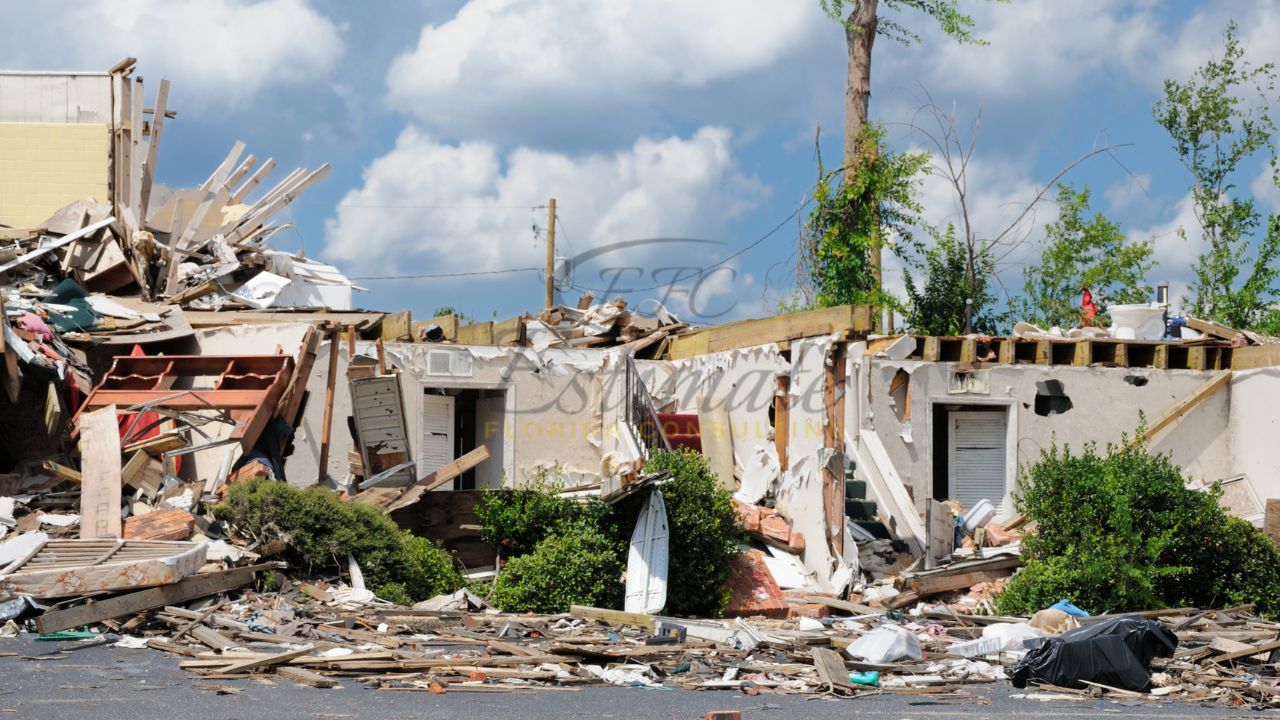How to Prepare Your Commercial and Residential Property Before A Natural Disaster Hits?
Depending on your preparedness, hurricanes, floods, or power outages may cause little damage or total loss. In the US, Florida ranks second to Texas in terms of cumulative damage costs due to various weather and climate events.
According to The National Oceanic and Atmosperic Administration’s Billion-Dollar Weather and Climate Disasters, Texas endured about $402 billion total costs from disasters since 1980. Florida follows with roughly $389 billion in damages, driven mostly by repeated hurricane strikes over the decades.
If you’re living in Florida, Texas, or the Gulf Coast area, you need to know how to preserve your property and your livelihood during natural disasters.

The following tips should equip you to withstand the storm, whether it affects your home or your business.
1. Fortify Your Property
Think of this first line of defense as a building’s structure. According to Guardian Shield Windows and Doors, a company that installs impact windows in Sarasota, FL, the state’s unpredictable weather requires tailored solutions that align with the unique needs of homeowners.
Having impact doors and windows can be a smart security measure, but in many coastal counties, the Florida Building Code mandates it. Strong winds from hurricanes can cause significant damage to properties. Impact doors and windows protect your property from interior damage and keep the house or the structure sealed during hurricane-force winds.
Another way to fortify your property is to strengthen the roof. Hire a licensed roofing contractor to identify those loose shingles, old fasteners, or soft areas. Roof uplift is one of the most common types of storm damage in Florida.
Inspect the weather stripping and caulk around the windows, vents, and doors, and seal any openings before a disaster hits. Tiny holes will let water or air pressure in.
Clear the surroundings. Trim trees and secure outdoor furniture or road signs. These lightweight objects become hazardous projectiles when the wind speed hits triple digits.
For Florida industries, continuity means the fortification of properties. A secure building protects your equipment and lessens the downtime with quick recovery after the storm.
2. Secure Backup Power and Fuel Supply
Power outages are too common throughout Florida and Texas during hurricanes or severe storms. Both homes and businesses should have backup power.
Before storm season, ensure proper inspection of your generator. It should have an effortless start and be able to handle your power load.
Partner with a trusted fuel delivery provider like Fuel Logic. Reliable fuel deliveries are essential during natural disasters or unexpected events. Keeping your home or business powered and operational can help save lives.
When the grid goes off, diesel or propane keeps the refrigeration systems, lighting systems, and others going. Have your refills arranged ahead of time, though. Once storm warnings go out, these appointments get filled, with regular customers usually being taken care of first.
Texas experienced disruptions during Winter Storm Uri in 2021, with long outages denying millions of people heat and light.
3. Safeguard Important Assets
Protect your home or building, and then protect the contents. Keep your equipment and electronics elevated if there is a chance of flooding.
Back up your data off-site or in the Cloud to prevent any loss from water damage or a power surge. Important documents (insurance papers, IDs, titles, and contracts) must go into a waterproof box or fireproof safe.
In flood-prone cities of Florida like Miami, Fort Myers, and Tampa, keeping the essentials a few feet off the ground can ease the post-storm cleanup a great deal.
4. Create an Emergency Plan
A huge building and emergency power on tap are useless without a plan. Employees, tenants, and family members must know what steps to take before, during, and after an emergency.
Emergency assistance responsibility should be assigned to established channels that any worker may use to reach evacuation routes and shelter areas.
Critical contacts should be retained, such as the fuel supplier, building superintendent, and insurance agent.
For families, set a meeting place if communication fails. A “go bag” should be kept ready with items such as medicine, food, batteries, and ID. Teach everyone how to turn off the utilities safely. Review and practice the plan yearly before hurricane season hits.
5. Inspect and Maintain Year-Round
Preparedness doesn’t start a week before a storm; it is a habit. Schedule periodic inspections and maintenance for your property, such as:
- Inspecting roof and gutter
- Checking seals on doors and windows
- Generator testing
- Reviewing fuel system safety.
This keeps your property compliant with state codes and ready for any hostilities that nature may bring. Every season comes with new challenges. Prepare your best defense in the broadest sense, which includes structural protection and operational preparedness.

